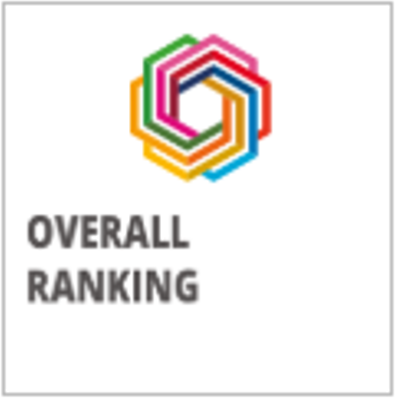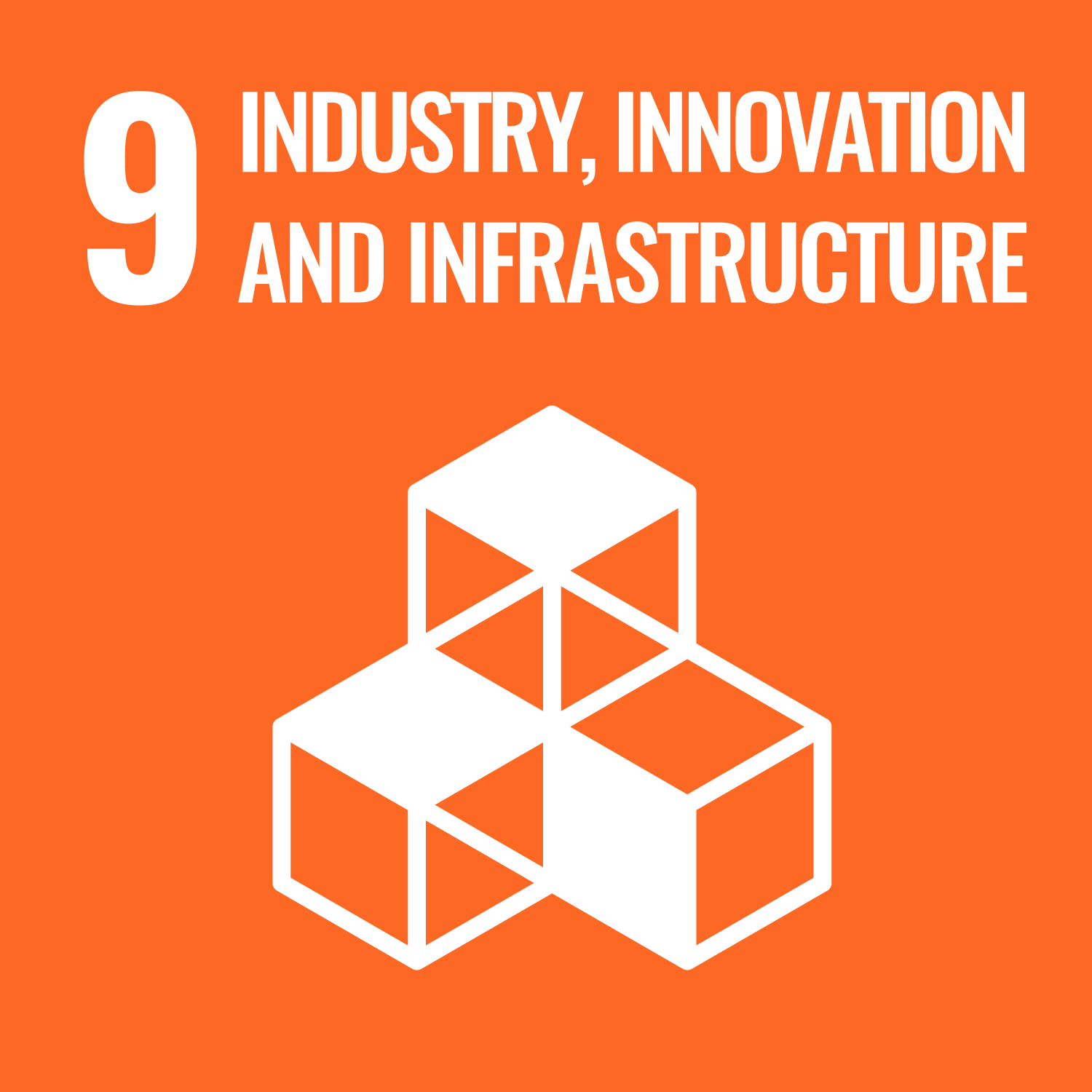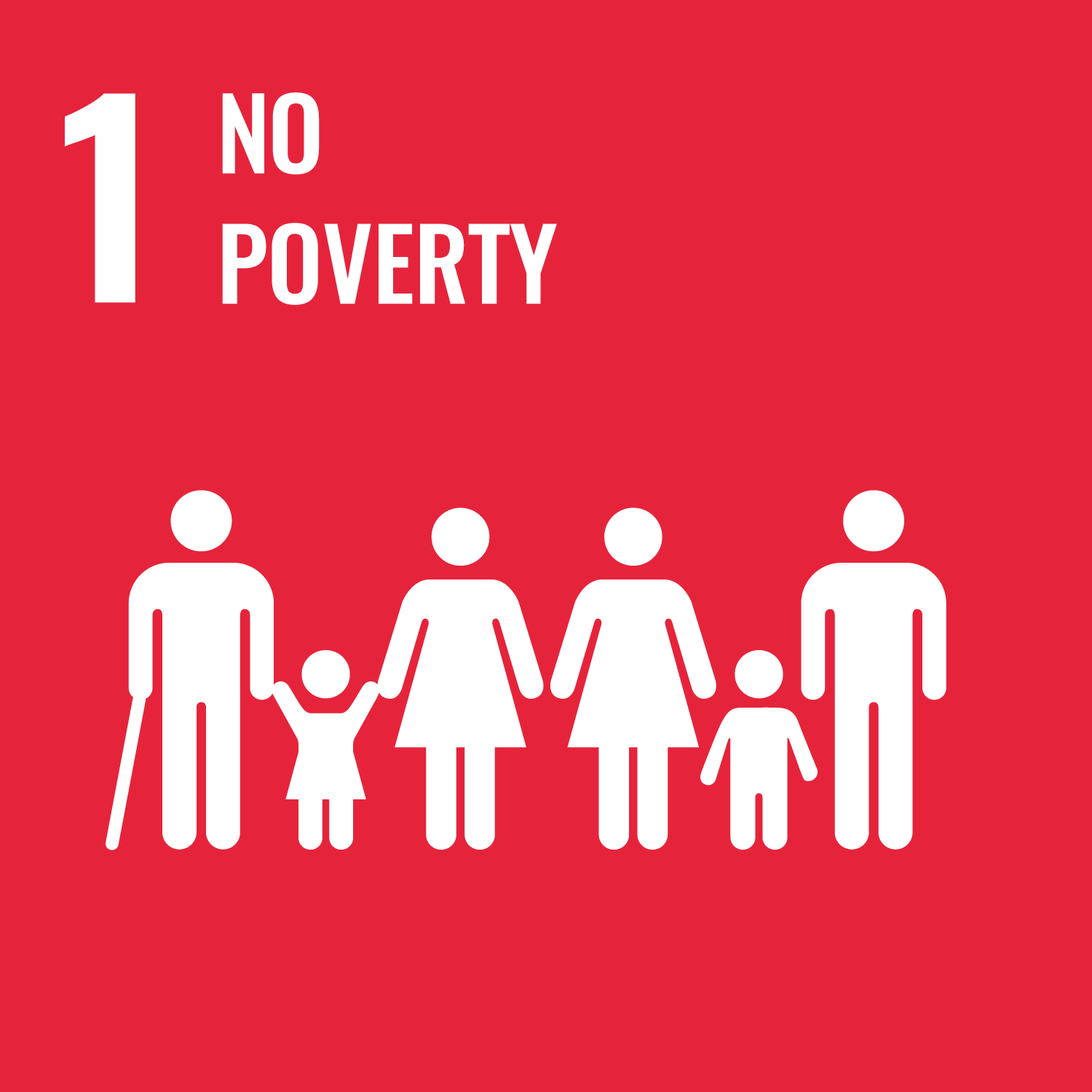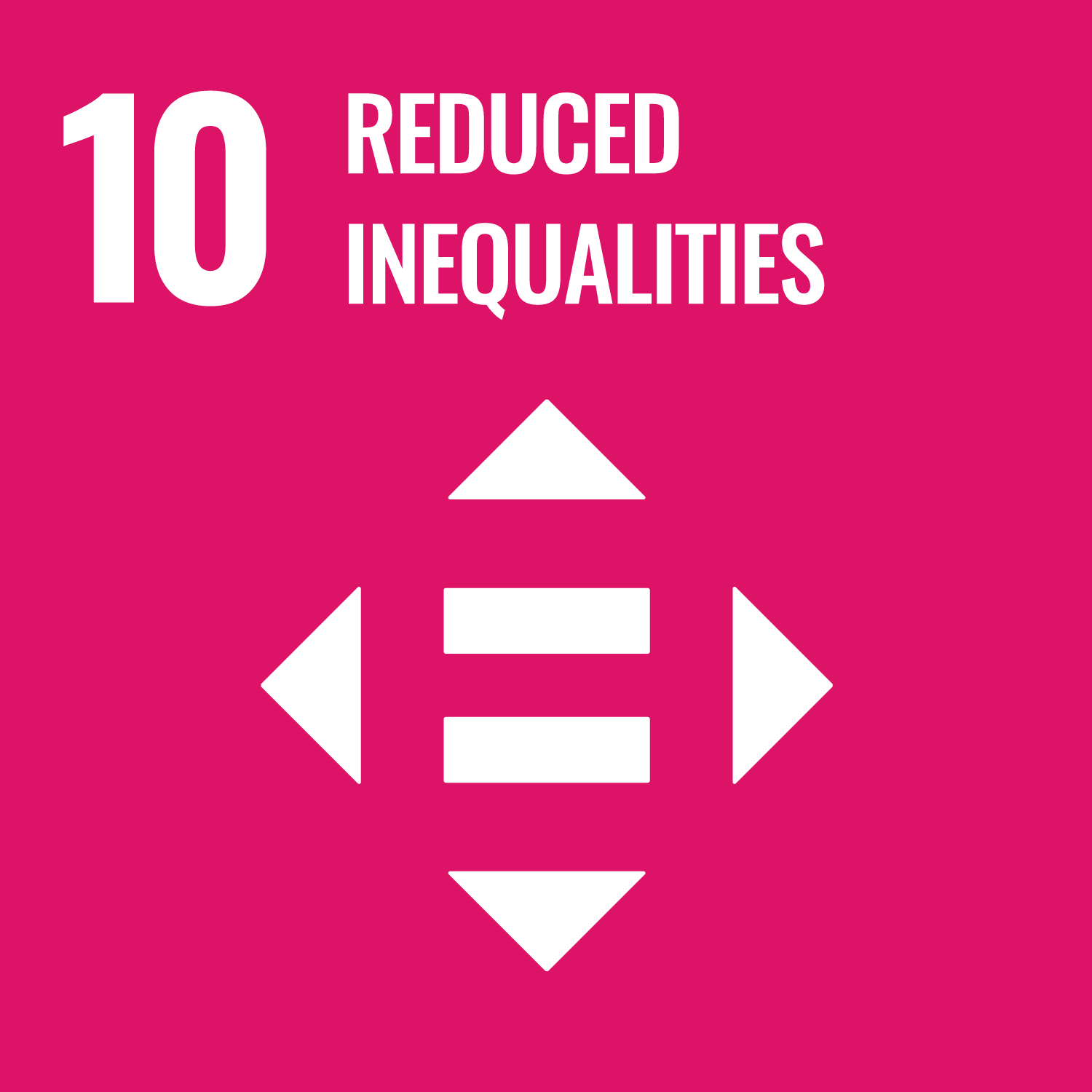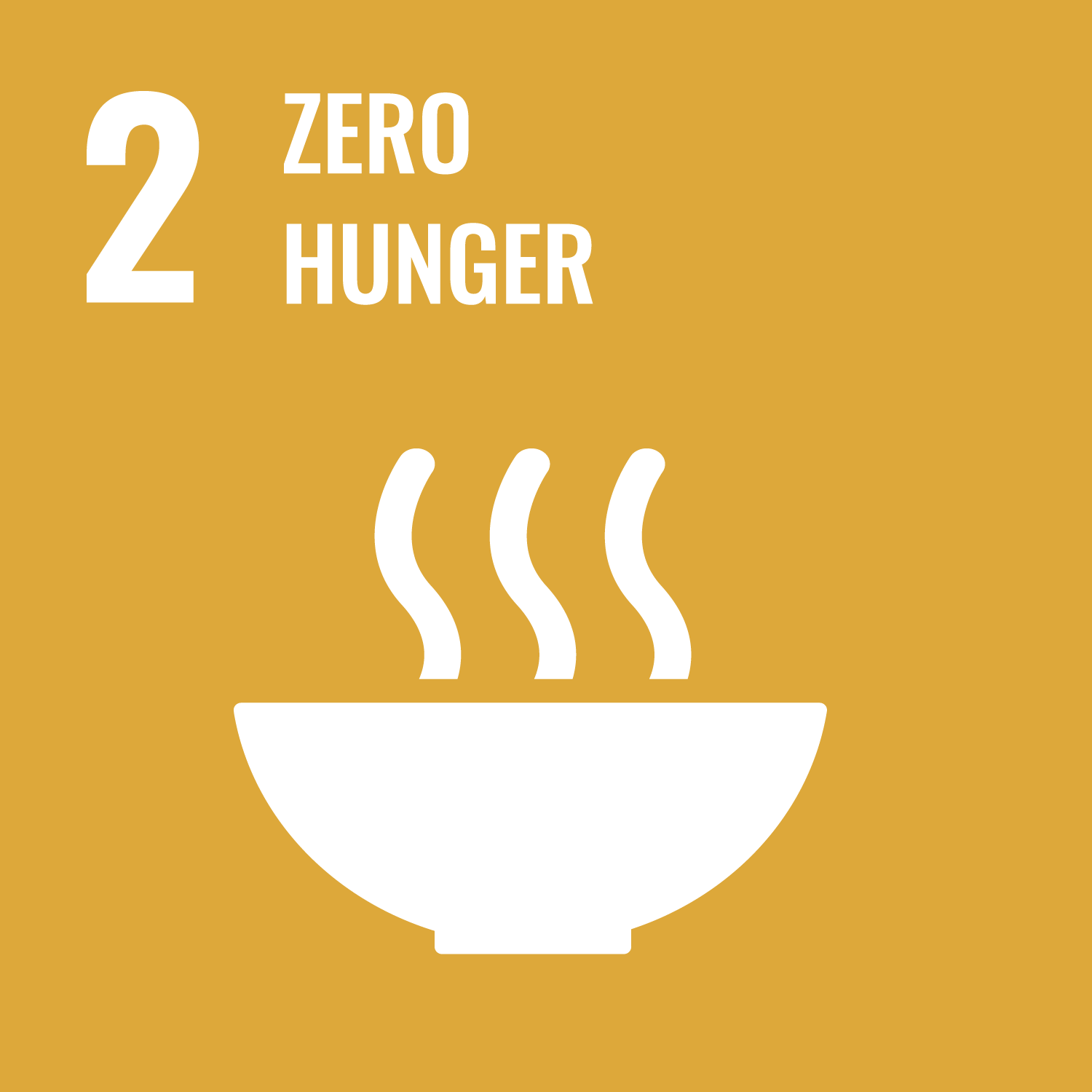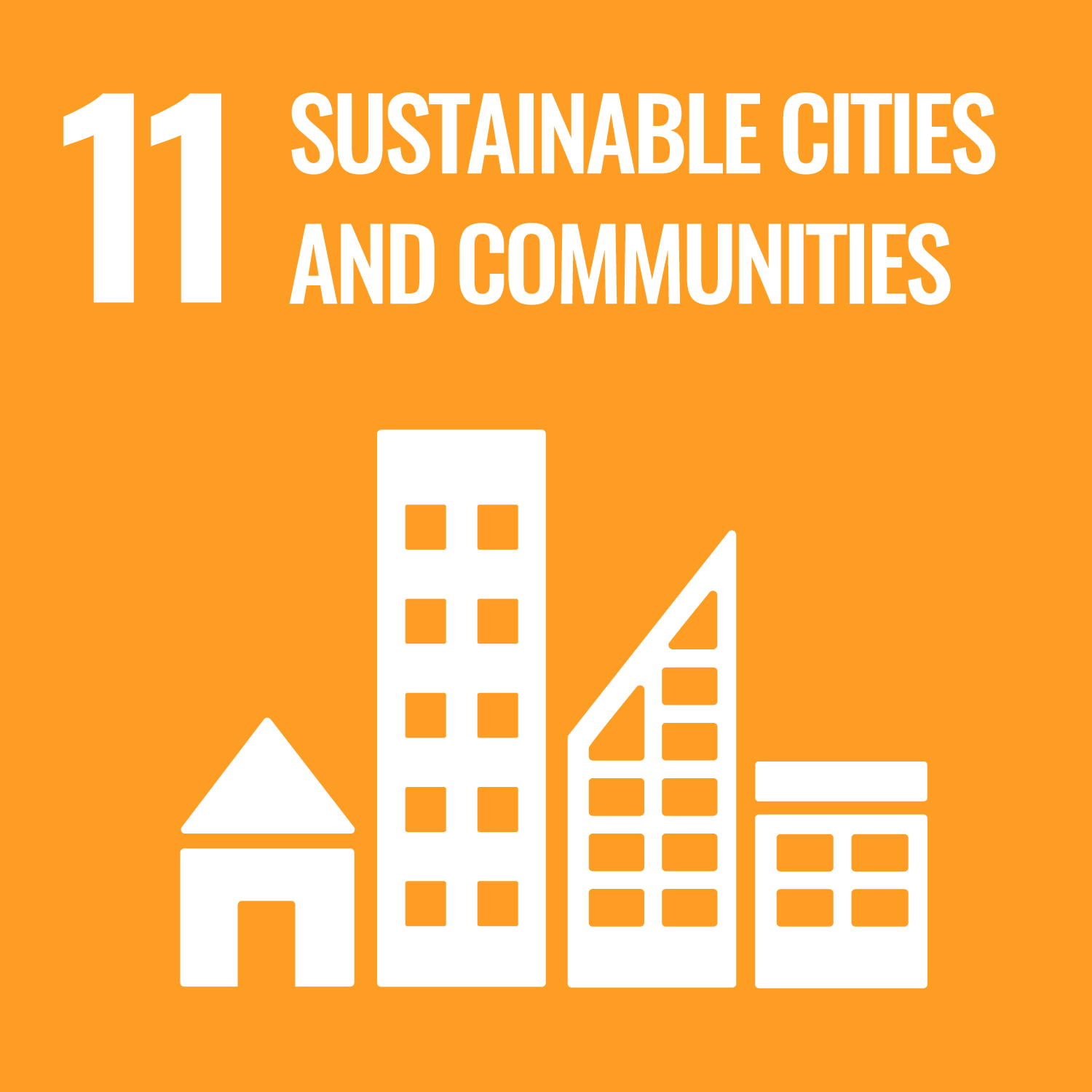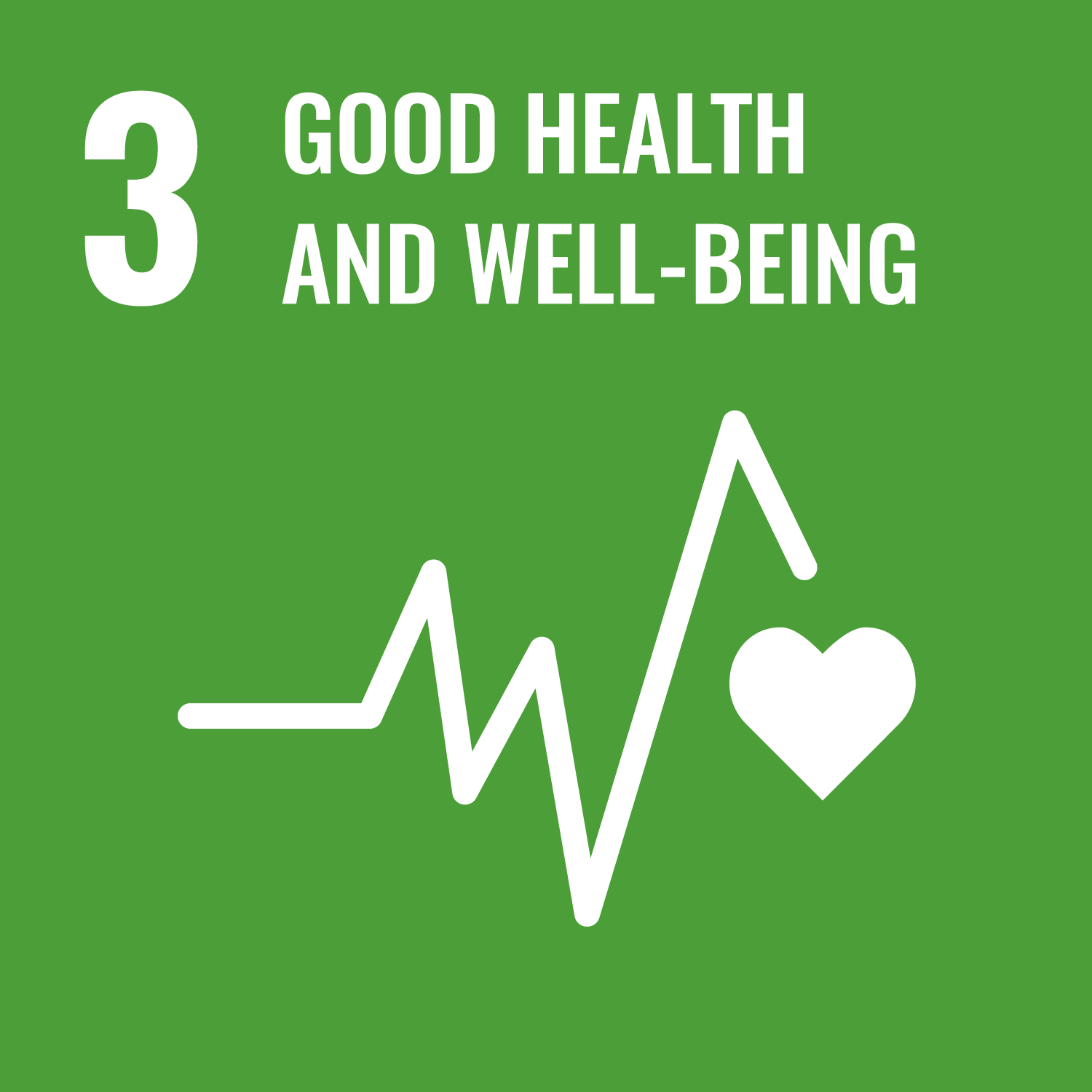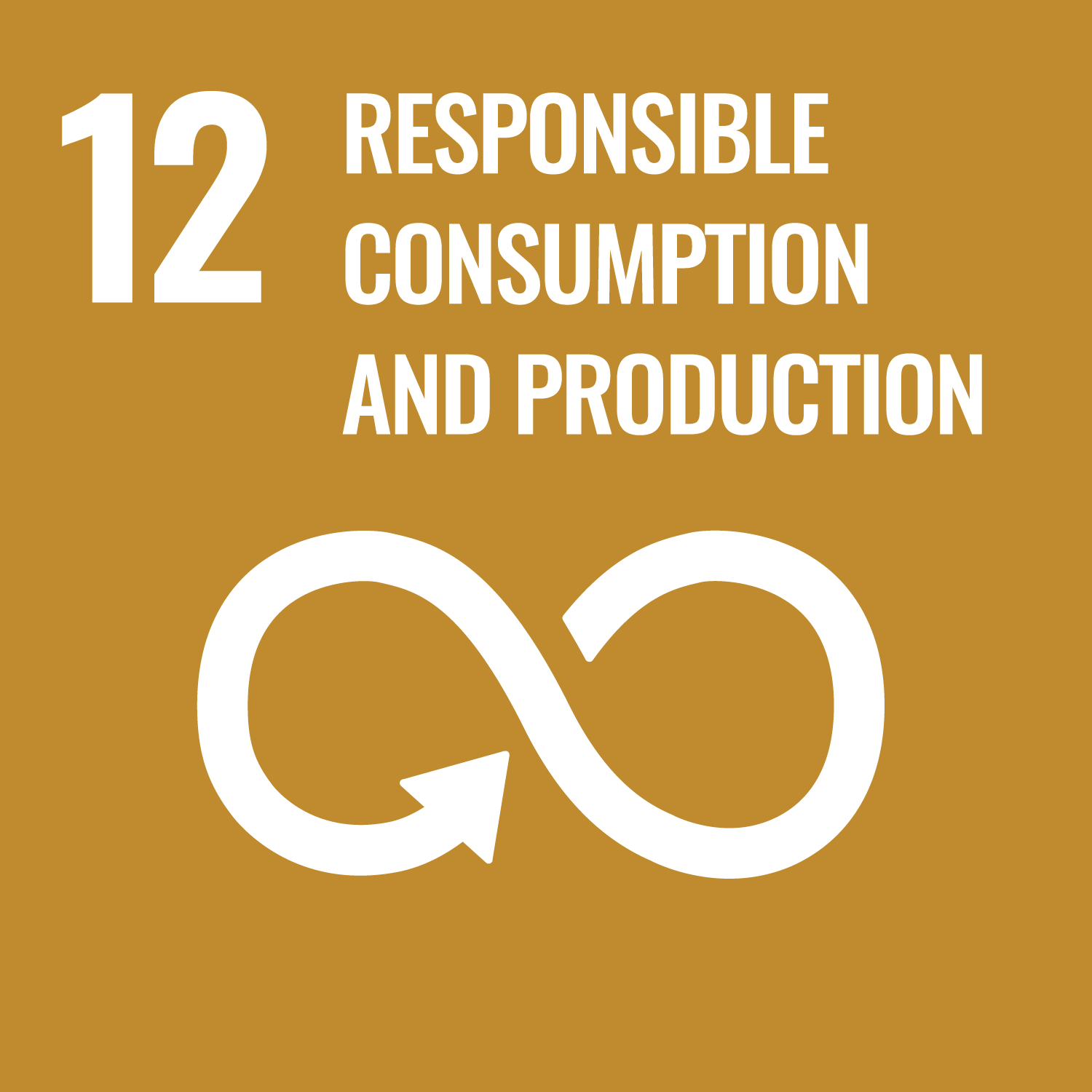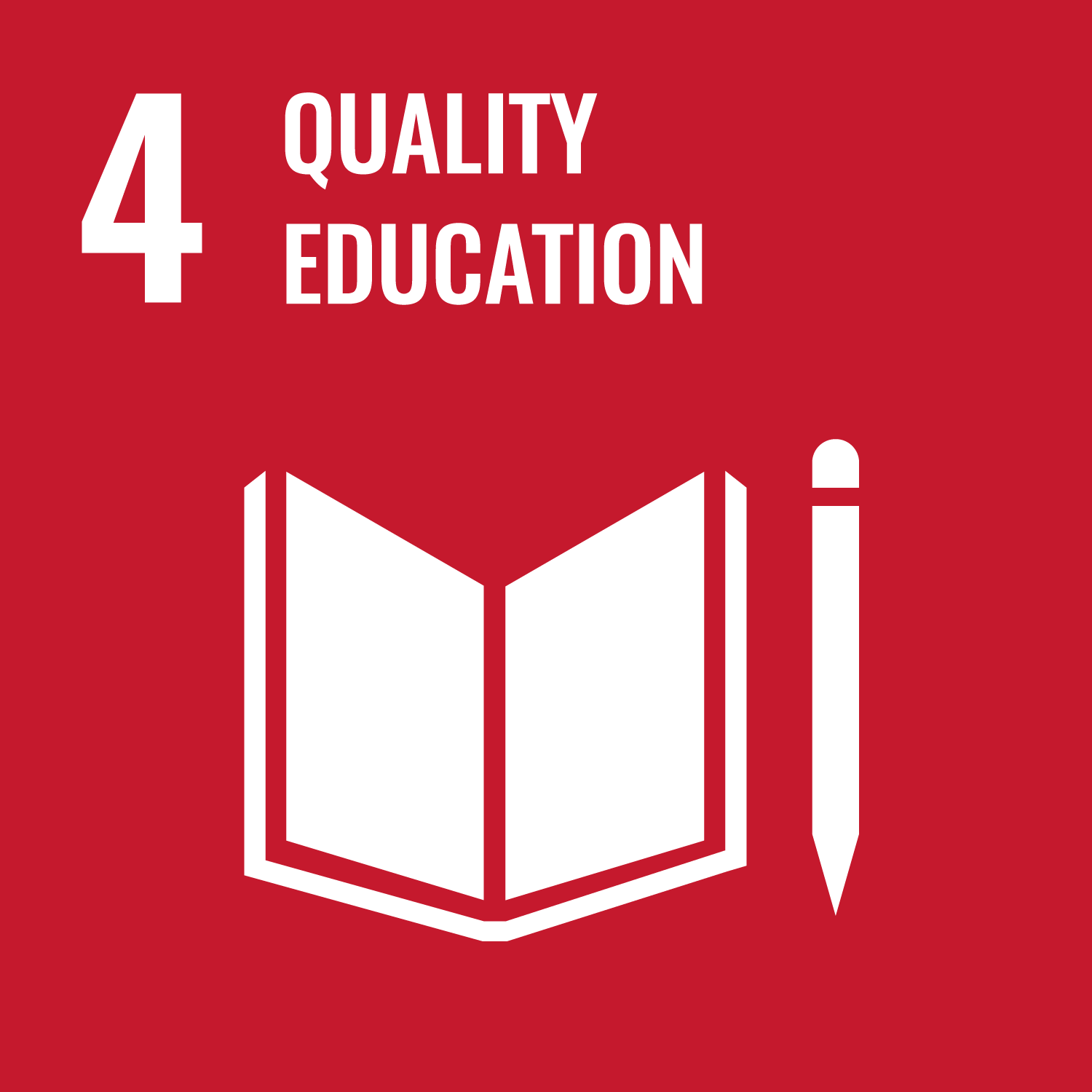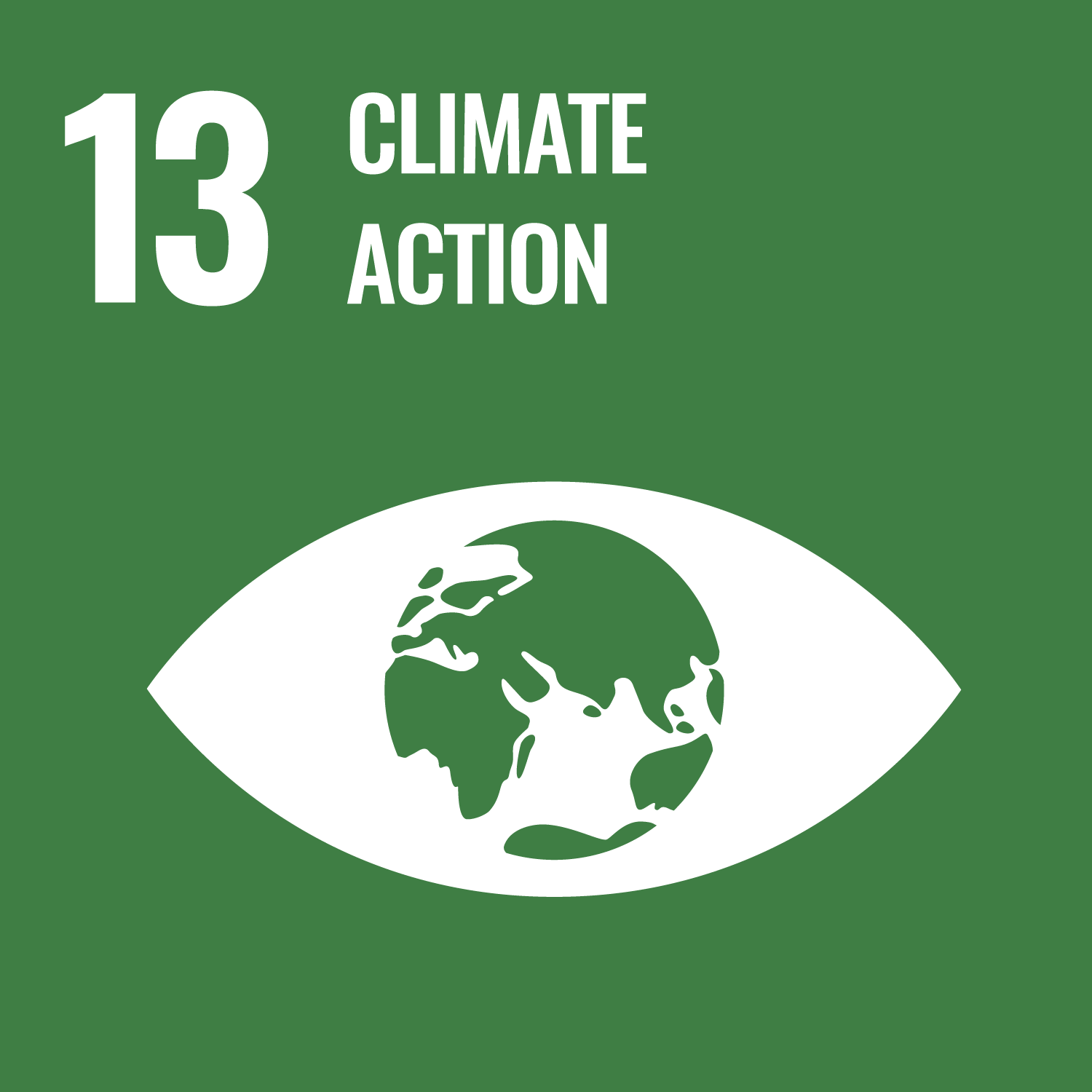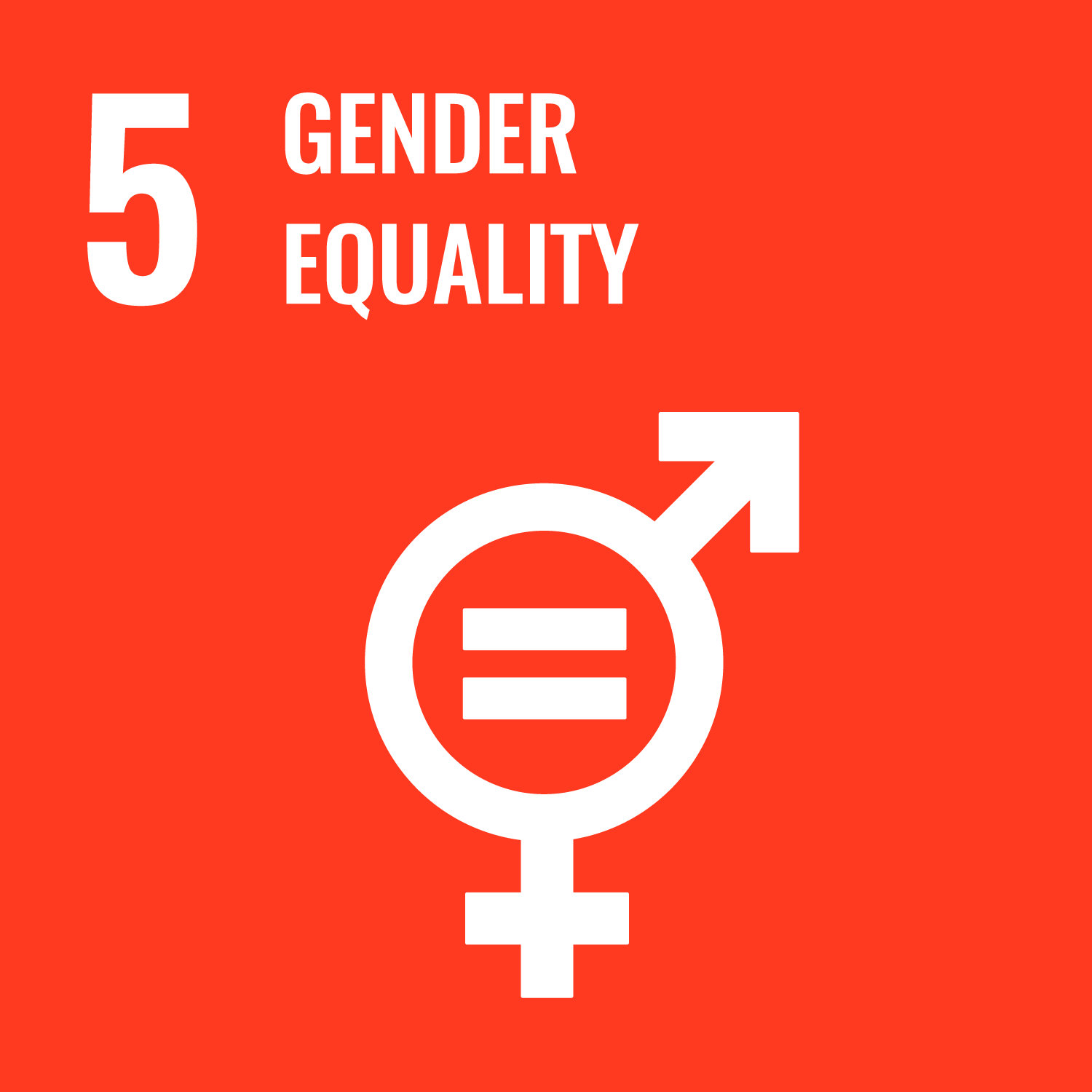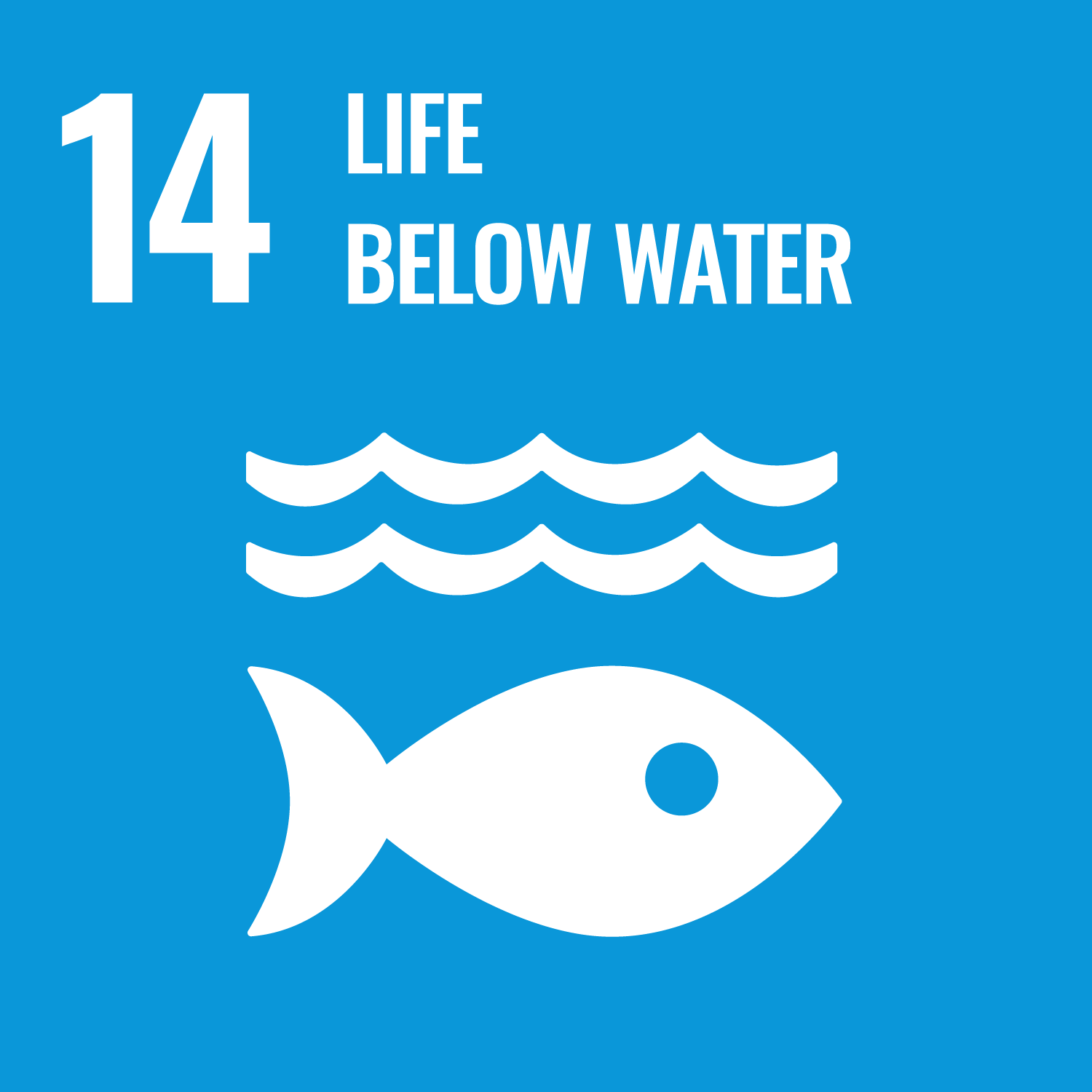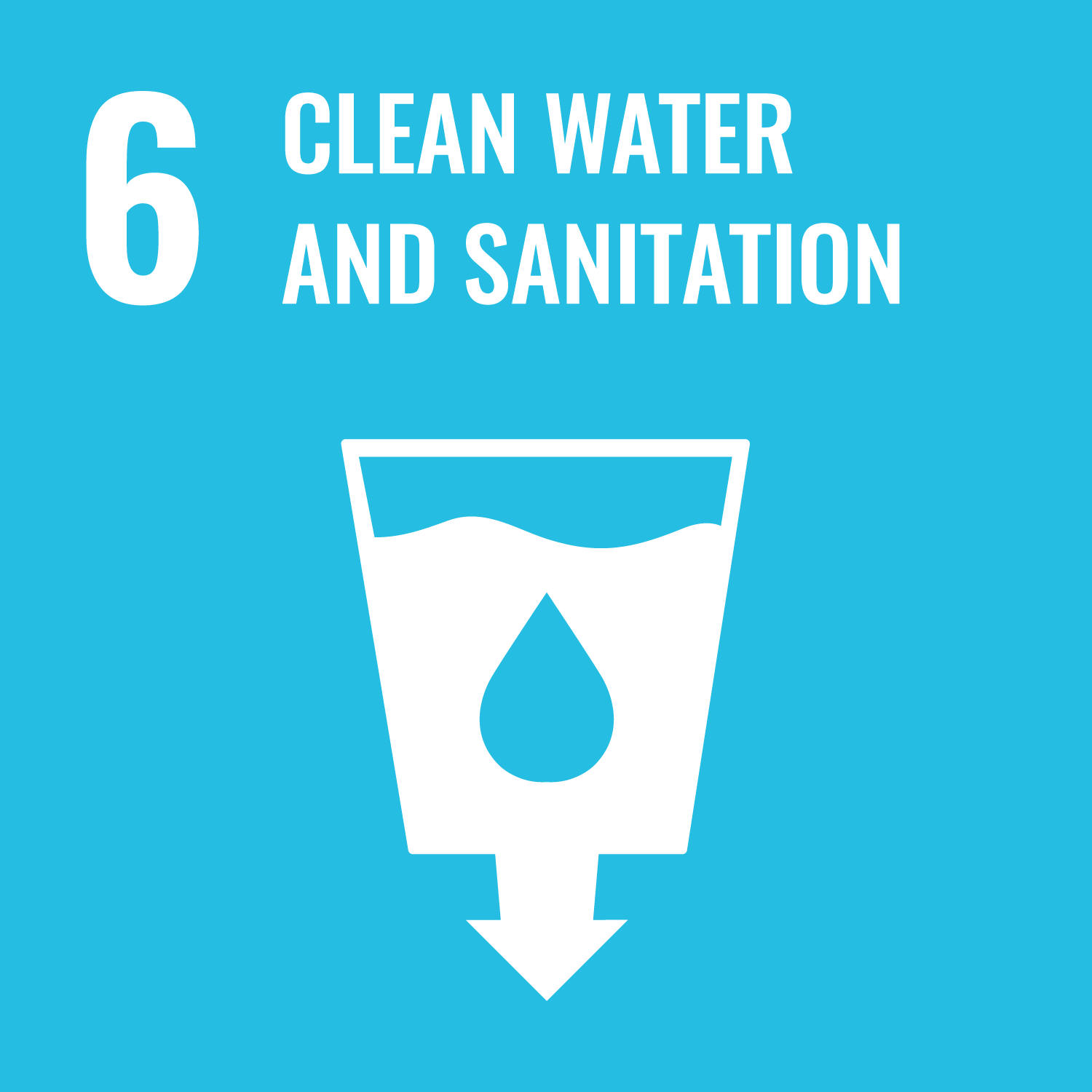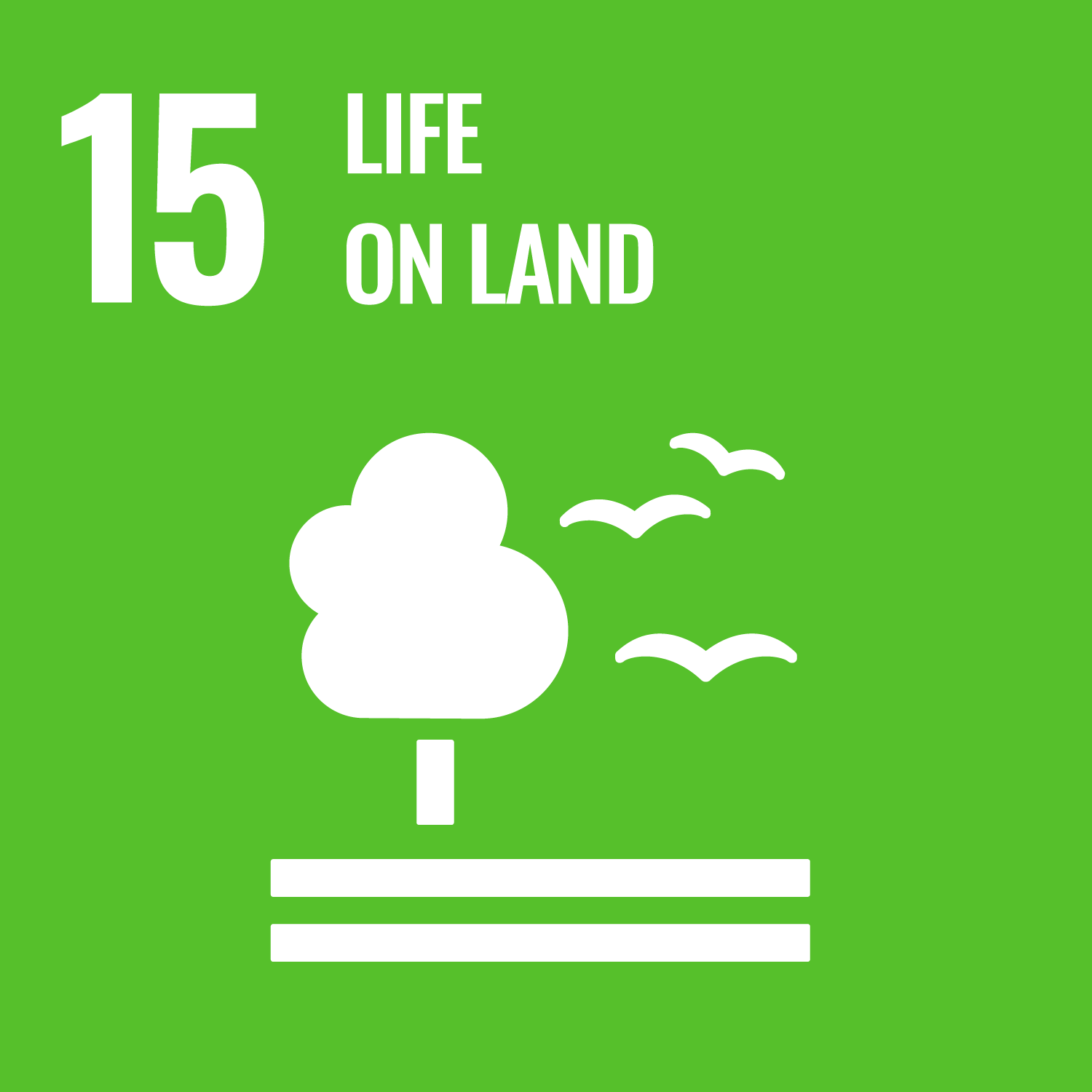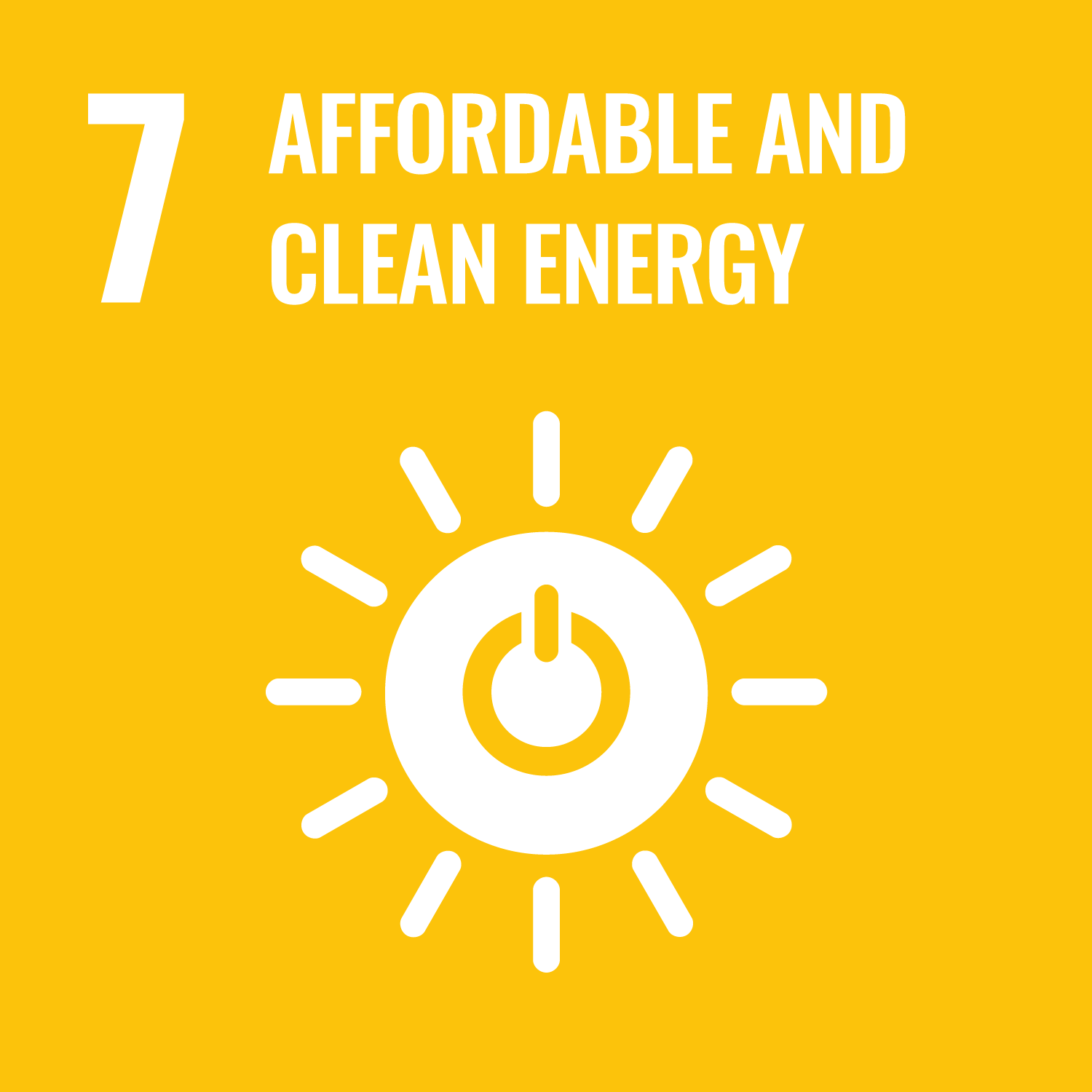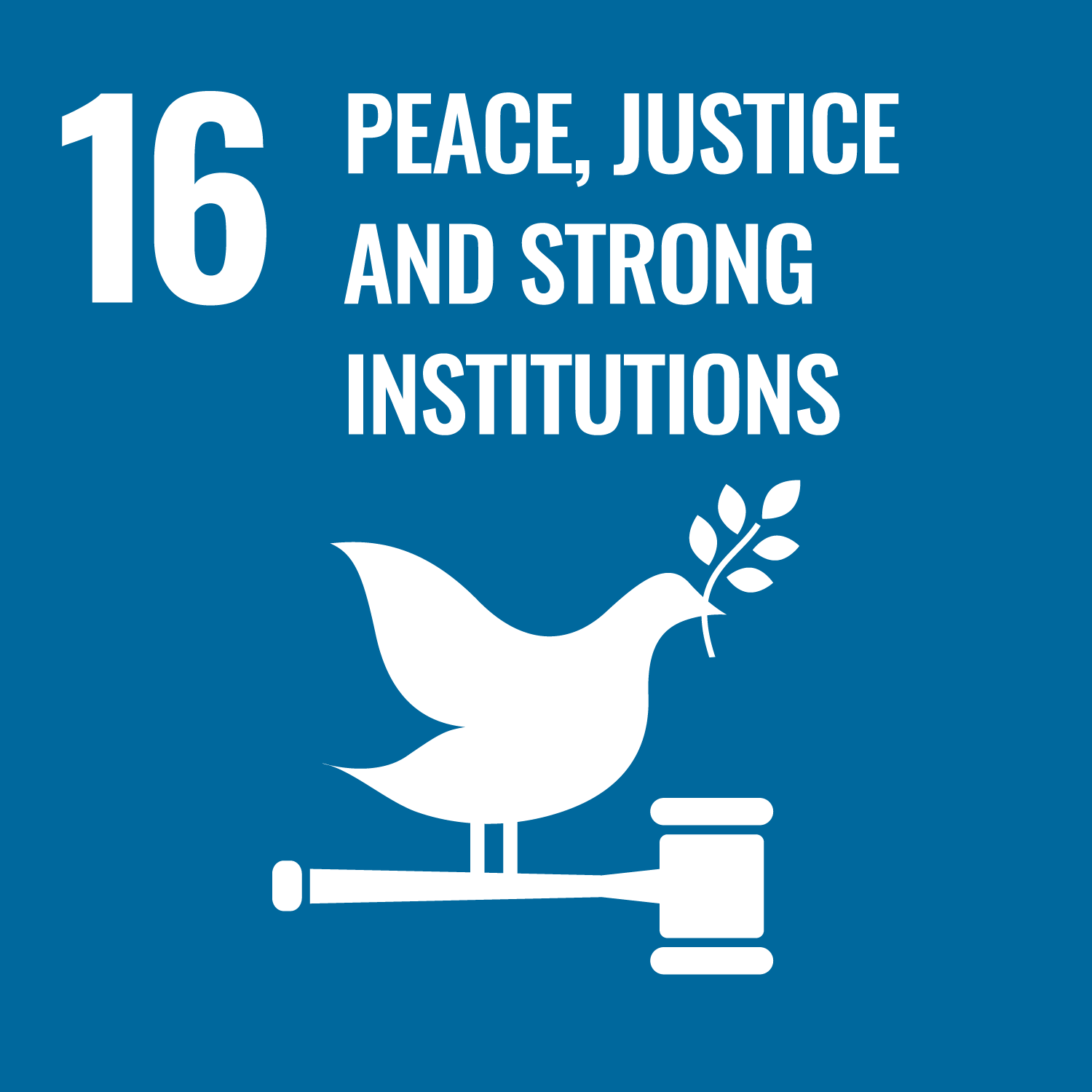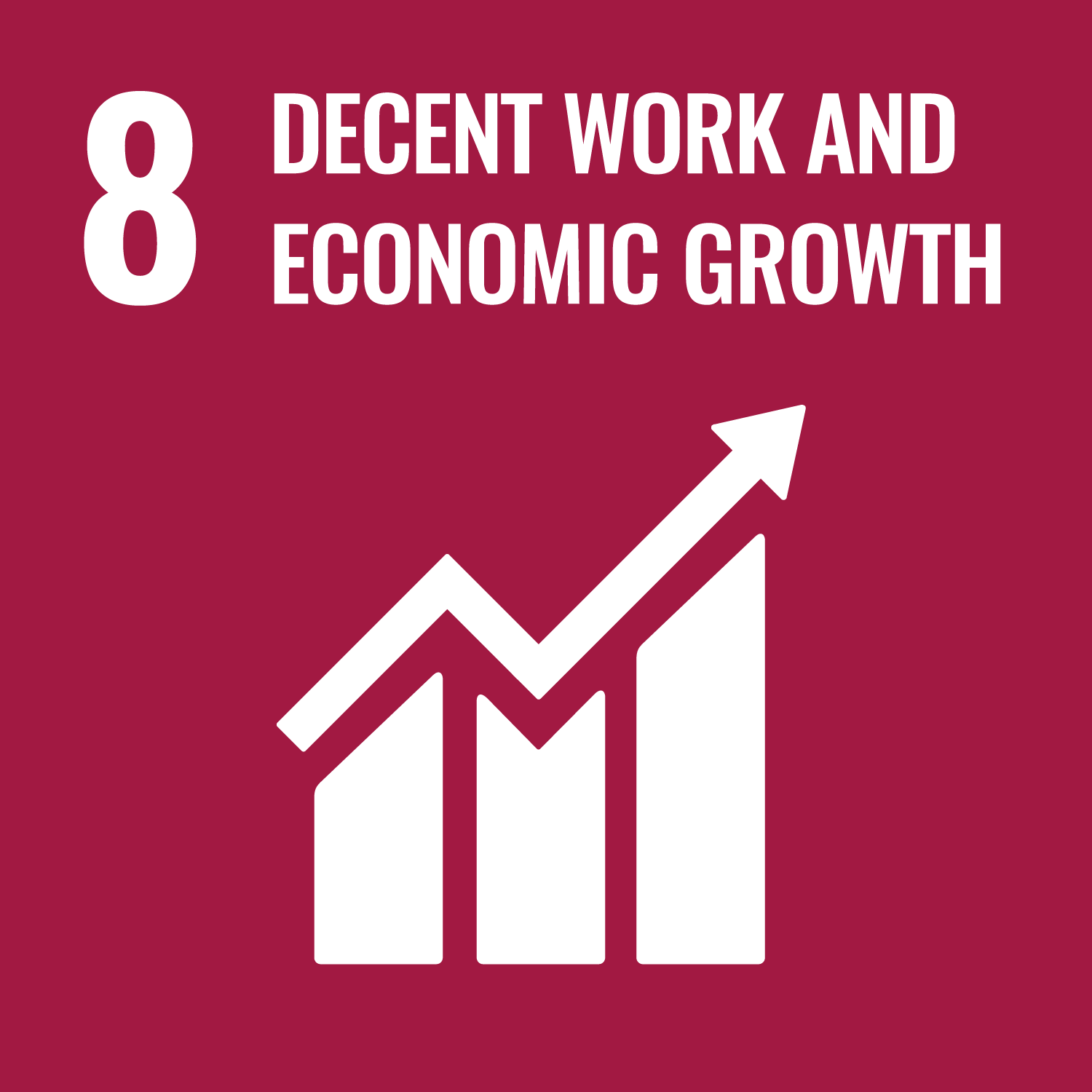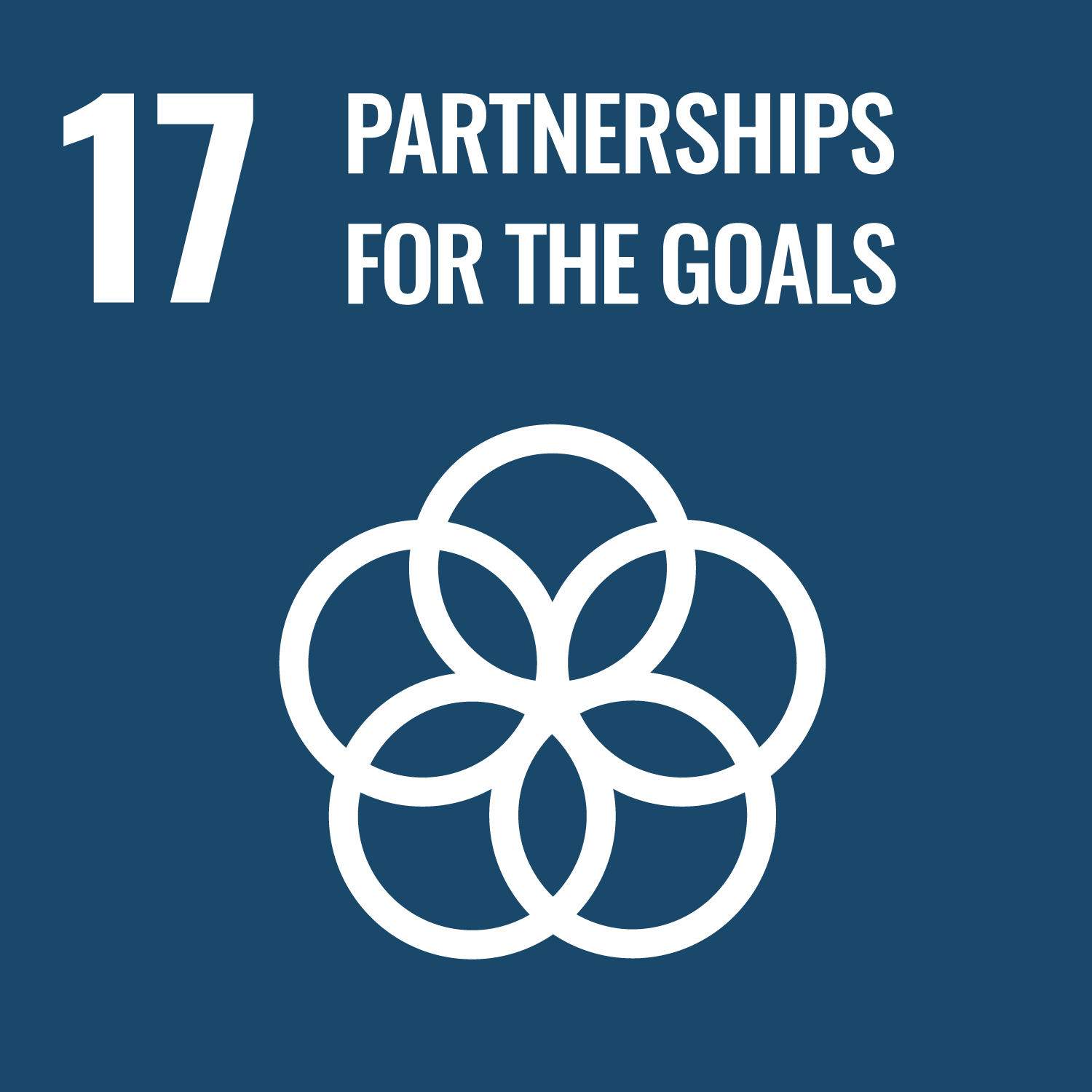You can search for courses, events, people, and anything else.
In December 2021, Western Sydney University’s Board of Trustees approved the Transformation Program, thus enabling a bolder future for Western and redefining the role of Australian universities.
The Transformation Program will create a more digitally enabled University with the capability to provide students with a richly interactive and personalised learning experience whoever they are and wherever they are located.
Seamlessly integrated technology systems and advanced data analytics will allow the opportunity for staff to engage with tools to innovate in education and research and create sustainable solutions to the challenges facing the communities of Western Sydney and the world.
Building on our history and continued commitment to connecting with our communities, we will respond to changes in the industries and businesses of Western Sydney to deliver impact for them through research commercialisation, support for new ventures and industry-led educational programs.
The Transformation Program is comprised of the following six strategic initiatives:

Transformation Program Overview - Moving forward the Western way.
Postgraduate Transformation (PGx)
Welcome to the future of online learning for postgraduate education!
The Postgraduate Transformation initiative is embracing the future of online learning for postgraduate education, delivering courses for today’s learners in tomorrow’s workplace.
Career-relevant micro-credentials and courses are being co-created with industry and focus on up-skilling and re-skilling the workforce.
Through this initiative, the University will forge a reputation for pioneering technology-enabled learning in the post-graduate market.
Key Staff
- Professor Maryanne Dever, Deputy Vice-Chancellor (Education)
- Ms Cherie Diaz, Executive Director, Education Innovation
- Lynnae Venaruzzo, Director, Postgraduate Transformation
- Iona Reid, Education Program Manager

Transnational Education (TNE)
Western’s 30 years of Transnational Education experience, coupled with agile transition to online delivery, and ongoing learning and teaching innovations, are driving the University’s globalisation.
The Transnational Education initiative is taking Western’s curriculum innovation and digital transformation to global markets, with a specific focus on Indonesia, India, the United Kingdom and Europe.
The aim is to build a competitive position by delivering courses that address the skills gaps in each market responding to government and industry priorities; partner with industry on co-developed curriculum; leverage the skills, innovation and experience of the University; and diversify markets to generate revenue, manage risk and enhance our reputation.
Key Staff
- Professor Deborah Sweeney, Deputy Vice-Chancellor (Research, Enterprise and International)
- Professor Linda Taylor, Pro Vice-Chancellor (International)

Innovation Futures (IF)
The Innovation Futures initiative focusses on student entrepreneurship; enhanced commercialisation of research and development; and the expansion of industry partnerships in sectors critical to Western Sydney’s economy.
It enables the University’s bold vision to support our region to become a key innovation destination and bolsters our distinctive brand as an innovative, future focussed and globally oriented institution.
The initiative will develop a sector-leading commercialisation development program for researchers, and our partners, with seeding investments that progress projects through translation to impact. It will also enhance the innovation and entrepreneurship skills of Western’s students and our industry network through targeted training and experience.
Key Staff
- Professor Deborah Sweeney, Deputy Vice-Chancellor (Research, Enterprise and International)
- Don Wright, Executive Director, Enterprise
- Tim Horan, Senior Manager Strategic Partnerships, Enterprise

Digital Acceleration (DX)
The Digital Acceleration initiative will position Western as a leading adopter and innovator of digital capabilities and leading-edge technologies, that improve our operating environment, service culture and architecture.
It will include strategies to strengthen Western’s core technologies and practices, as well as adding to our capacity and capability for continuous improvements.
This strategic initiative will respond to the broader challenges and opportunities presented through technology and digital capabilities. Accelerating digital transformation at Western in a collaborative manner will significantly enhance the experience for students and staff, enable other strategic initiatives and develop market differentiation through leading-edge technologies.
Key Staff
- Darren Greentree, Vice-President Finance and Digital Services
- Dr Scott Snyder, Chief Information and Digital Officer

Destination College (DC)
The Destination College strategic initiative is radically transforming and streamlining Western’s College offerings. It will be reimagined as a place students choose to study, where they are connected with multiple opportunities, underpinned by an emphasis on choice, accessibility, and support.
This transformation aims to position The College as a pathway provider of choice in and beyond Western Sydney, as well as aiming to bridge the gap between university and VET (Vocational Education and Training).
Key Staff
- Glenn Campbell, Chief Executive Officer, The College
- Joel Walker, Executive Director, Strategy and Planning

The Engaged Teaching Project (ETP)
The Engaged Teaching Project (ETP) aims to build on results of the Student Experience Survey (SES) and address the areas of concern identified, in particular Teaching Quality, Learner Engagement and Learning Resources. While all three contribute significantly to the SES Overall Experience rating, Teaching Quality dominates.
The ETP will focus on adopting new approaches to facilitate the capability development of our teachers to enable them to co-create sector-leading student learning experiences through inspiring teaching practices in our undergraduate programs.
The project works across three overlapping areas of activity, which are:
- Activity Stream 1: Subject Teaching Engagement and Pedagogy Standards (STEPS)
- Activity Stream 2: The Learning Classroom; and
- Activity Stream 3: Western Teaching Culture
If you have any questions, please email the team at LearningFutures@westernsydney.edu.au
Key Staff
- Professor Maryanne Dever, Deputy Vice-Chancellor (Education)
- Professor Simon Bedford, Pro Vice-Chancellor, Learning Futures
- Ms Kristin Wiese, Associate Director, Engaged Teaching Project

Western Sydney University has ranked consecutively #1 in the world (2022 & 2023) for its commitment to United Nations’ Sustainable Development Goals (SDGs), which are an urgent call for action by all UN countries in a global partnership.
Program Schedule

How can I learn more?
You can contact the Transformation via our Program Management Team via our Feedback Form or you can email at transformationprogram@westernsydney.edu.au
Join our Transformation Program Yammer Community
*Note this link is for Western staff access only.
Frequently Asked Questions
The Transformation Program will return significant benefit to the University over the lifetime of the Program, and beyond. Most importantly, it will create competitive advantage for the University to move into new and emerging markets within Australia and overseas. Here are just a few key benefits of the Transformation Program:
- It will enable Western to advance significantly in innovation in education, the use of technology, research translation and partnership with business and industry. These advances will provide benefit beyond the specific project areas.
- Most notably, the intersection of focus on industry engagement, innovation thinking, and digital acceleration will create an uplift across all our education programs, including our undergraduate programs and the broader student and staff experience. The strategic initiatives will generate a culture of innovation, one adapted to exponential technological change. They will enhance our institutional reputation for industry and community engagement. Each initiative will help create a positive shift in Western Sydney University’s reputation and rankings within Western Sydney, Australia and globally.
The Transformation Program Steering Committee is chaired by the Senior Deputy Vice-Chancellor & Provost, Professor Clare Pollock and is comprised of the Executive Sponsors for each of the intiativesinitiatives, along with the Transformation Program Management team. The Steering Committee provides strategic leadership and governance to the overarching program. This governance layer will ensure effective coordination of the interdependencies between various initiatives. The Steering Committee reports to the Board of Trustees and the Standing Committees of the Board on a regular basis.
Further to this, Strategic Initiative Boards have been established for each of the five Initiatives. The Strategic Initiative Boards will provide leadership and governance to projects under each stream. This governance will support delivery and maximises benefits as established by the business case, by providing leadership, oversight, guidance, and decision-making support to the projects.
Initiative specific working groups will be set up as required to meet the needs of the initiative, with the objective being facilitating execution.
The University’s Board of Trustees has approved this program for 5 years. They have approved funding for 3 years, with the option to fund a further 2 years.
Seeing as the Program streams will be running for 3-5 years, each are on slightly different schedules with various milestones. Substantial work commenced from early 2022 to kick off the initiatives, with pilot deliverables being ready for some streams as early as late 2022.
Get in touch to learn more!
Staff and students will have opportunities to provide input and collaborate on different activities within these streams. Contact the key staff for the initiative you are interested in to see how you can get involved.
If you are unsure who to contact or would like broader information or assistance, get in touch with the Program Team via our Feedback Form or by emailing transformationprogram@westernsydney.edu.au.
Several project-related roles will be advertised during the course of this program. Please keep checking the Jobs webpage for vacancies.
Each stream of the Transformation Program has a Strategic Initiative Board. Membership of each Board can be accessed via the key staff involved in the Strategic Initiative listed above.
Holistically, the Program governance also includes a Senior Program Manager, Dr Kay Visser, a Senior Project Coordinator, Rachel Torres and a Change Communications & Engagement Coordinator, Alicia Ballesty. You can reach the Program Team at transformationprogram@westernsydney.edu.au.
How does the Transformation Program align with the UN's Sustainable Development Goals?

Ensure inclusive and equitable quality education and promote lifelong learning opportunities for all.
Initiatives of the Transformation Program aim to:
- Remove inequities in access to education through the offering of open access, multimodal programs, and the provision of personalised, digitally enhanced student support;
- Seek new markets, and harness new technology to deliver a suite of skilling and upskilling courses;
- Bridge the gap between Higher Education and Vocational Educational Training (VET) through the development of flexible training programs;
- Equip students with entrepreneurial skills to enhance future employment prospects;
- Offer flexible pathways through flexible training programs and courses with flexible entry, exit points and flexible delivery;
- Incorporate women’s entrepreneurship and entrepreneurship training, inclusive of cultural and linguistically diverse cohorts;
- Increase access to sustainable development education and training through skilling and upskilling courses developed in partnership with industry;
- Guide the process of entrepreneurial thinking and activity towards sustainable. development and impact, drawing on research and partnering with strategically selected organisations.

Promote sustained, inclusive and sustainable economic growth, full and productive employment and decent work for all.
Initiatives of the Transformation Program aim to:
- Support and progress research translation and industry partnerships;
- Attract external investment or commercialisation partnerships;
- Design projects that support technological innovation and industry and economic development;
- Harness new models and technology to deliver a suite of skilling and upskilling courses that address the evolving requirements of industry;
- Support job creation through formal and informal learning experiences that drives the creation of an entrepreneurial culture;
- Support the growth of small and medium sized enterprises through the provision of a business to business professional development and training program.

Build resilient infrastructure, promote inclusive and sustainable industrialization and foster innovation.
Initiatives of the Transformation Program aim to:
- Create and lead partnerships in key sectors for research collaboration, training partnerships, commercialisation, research and development collaboration and the fostering of private investment in Research & Development;
- Provide training to 50 researchers annually in R&D translation and commercialisation and invest in high calibre technologies for future industrial applications;
- Refine business processes and leverage system technologies to manage the University’s capability to interface with industry.

Strengthen the means of implementation and revitalise the global partnership for sustainable development.
Initiatives of the Transformation Program aim to:
- Establish an international network of collaborating institutions to support knowledge sharing, technology, entrepreneurship and innovation;
- Focus activities on building research and strategically partnering with organisations closely aligned with SDGs.



